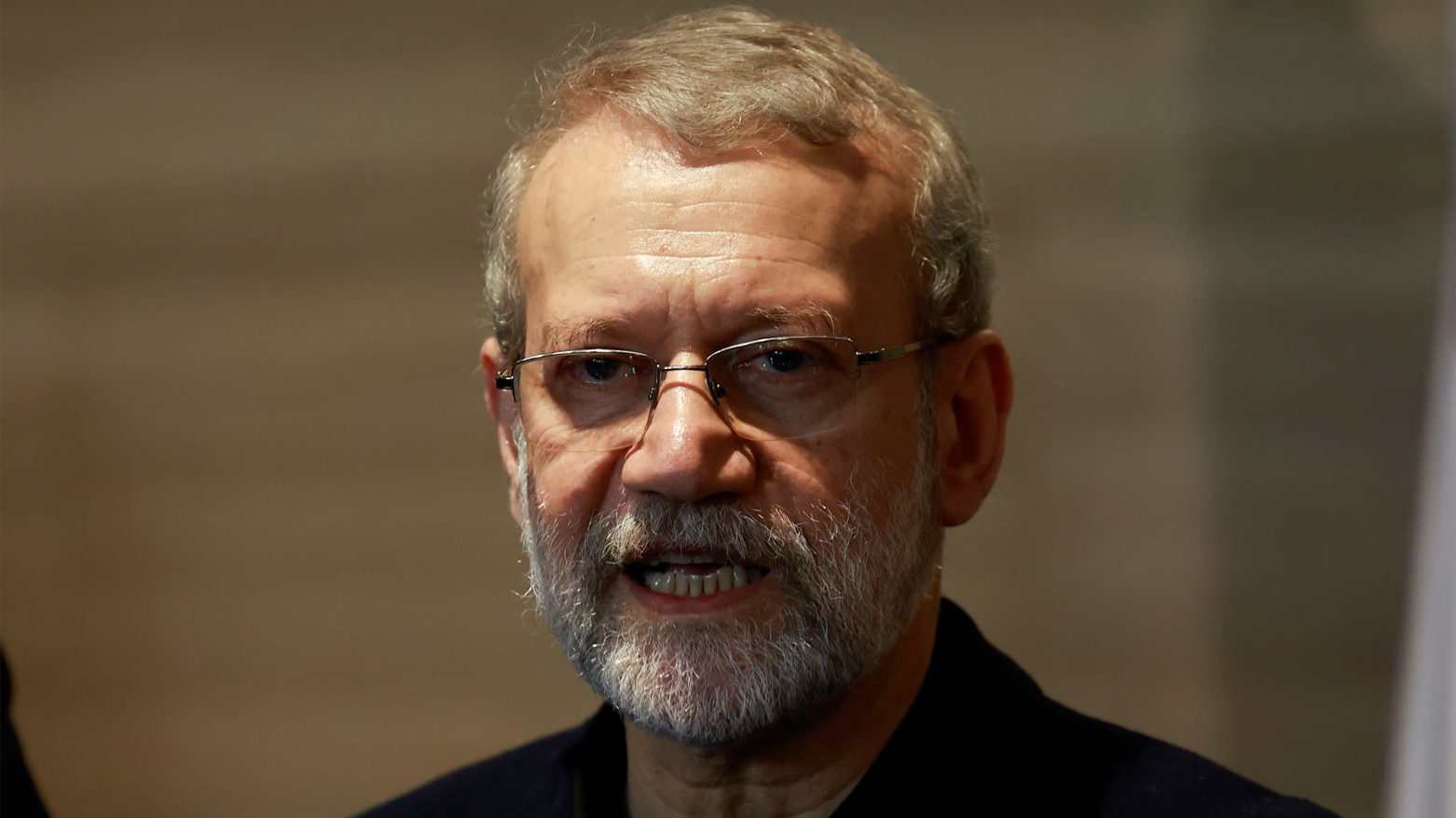'Enemy Infiltration into the Country Is a Serious Matter,' Says Iran's Top Security Chief
Iran's top security official Ali Larijani admits "painful" enemy infiltration but claims missile strikes left Israel desperate. He also detailed a new Iran-Iraq security pact and a surge in national unity, ISNA reports.

ERBIL (Kurdistan 24) – Iran’s top security official, Ali Larijani, has acknowledged that enemy infiltration into the country is a "serious matter" and described internal security weaknesses as "painful," even while asserting that Tehran’s recent missile barrage left Israel "completely desperate." In a wide-ranging interview reported by the Iranian Students’ News Agency (ISNA), the Secretary of Iran's Supreme National Security Council addressed the fallout from recent regional confrontations, the specifics of a new security pact with Iraq, and what he characterized as a surge of national unity inside Iran.
While claiming a strategic victory, Larijani admitted to significant internal security challenges.
"Of course, we also had weaknesses; the issue of enemy infiltration inside Iran is a serious matter," he stated, according to the ISNA report. He added that these shortcomings were "painful, meaning they were present in some parts!" Despite these vulnerabilities, he cautioned against becoming arrogant, noting that "the enemy studies these things and finds new methods." He stressed the need for Iran to avoid operating "in a single military fashion" and continuously adapt its strategies.
Despite admitting to these internal vulnerabilities, the Secretary of Iran's Supreme National Security Council painted a picture of military success against Israel, claiming that Tehran’s actions had demoralized its adversary.
"The Israelis had the most extensive defense capabilities, but the rain of Iranian missiles mid-war had left them completely desperate," Larijani said. He recounted an anecdote shared by an unnamed official from a regional country, who allegedly received a call from Israeli Prime Minister Benjamin Netanyahu on the first day of the conflict. According to Larijani, Netanyahu initially said, "Iran's work is finished." However, Larijani claimed that when the same official called Netanyahu back days later, the Israeli leader’s tone had changed, stating, "we have a big problem."
The discussion of regional strategy was a central theme of Larijani’s interview, which focused on his recent trip to Iraq and the signing of a new security agreement between Tehran and Baghdad. He framed this pact as an example of Iran's preferred security doctrine, which he contrasted with that of the United States and Israel.
"The focal point of the Iran-Iraq security agreement is that both countries commit not to let individuals, groups, or third countries create a disruption in the accord and security of the two nations, and that the territory of one country is not used against the other," Larijani explained.
When asked by the ISNA-cited program "Tehran, Tel Aviv" if the agreement addressed the use of other countries' airspace for attacks against Iran, he replied, "The basis for this issue is in this agreement, but countries have considerations, sometimes they lack the ability to prevent penetration, which of course they must rectify."
In addition to military and diplomatic matters, Larijani highlighted what he described as a surge in national solidarity within Iran following the confrontation.
He asserted that the external threat unified Iranians, even those who had previously opposed the government. "For all the people of Iran to have a unified understanding and a common will to stand against Israel was fascinating," he remarked.
As reported by ISNA, he shared a personal anecdote from a hiking trip where individuals who had previously participated in anti-government demonstrations told him they now stood "behind the Islamic Republic, because it was about fighting Israel." He added that a leader from a major regional country had told him, "the people of the world understood Iran's national solidarity," calling this unity a "great cultural, political, and social asset."
